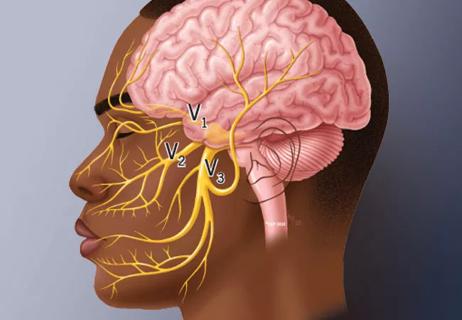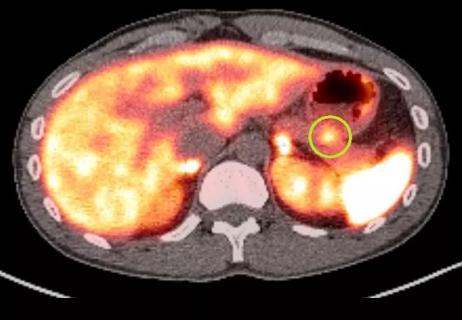
Complex procedure highlights the power of coordinated care across spinal, thoracic and vascular surgery

Dedicated leader shares her passion for quality, education and professional development

Study shows that postop function is closer to normal than with total hip arthroplasty

UK experts compare and contrast the latest recommendations
Advertisement
Cleveland Clinic is a non-profit academic medical center. Advertising on our site helps support our mission. We do not endorse non-Cleveland Clinic products or services. Policy

Advances in imaging technology could offer new insights for combatting age-related muscle loss

Case report of a young man with severe traumatic brain injury and cognitive deficits

Special glasses allowed surgeon to see 3D models and anatomic data superimposed on surgical field

First private hospital in the U.K. to receive HIMSS EMRAM Stage 6 accreditation

A review of takeaways from the recent U.K. national guidelines

Patient’s unexplained low blood glucose levels in the absence of diabetes spark quest for answers
Advertisement
Advertisement